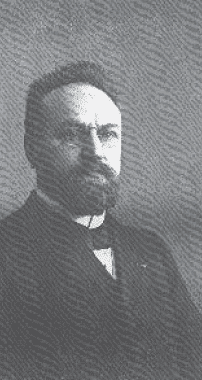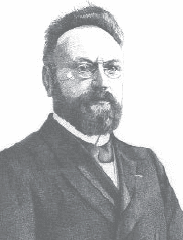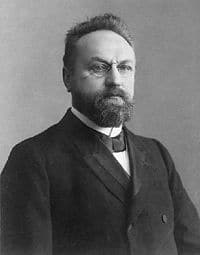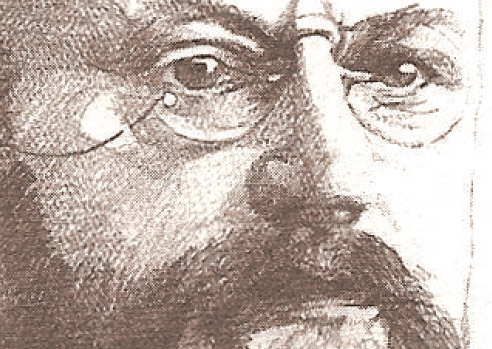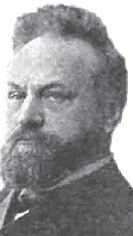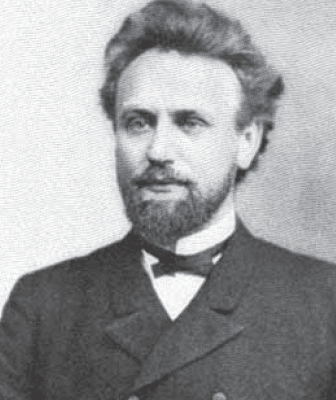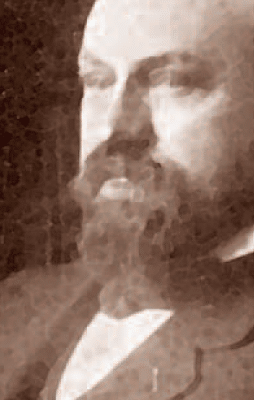Though Herman Bavinck’s contributions to Christian scholarship were wide-ranging, he is properly known first of all for his work as a theologian. The most important work that Bavinck’s productive pen ever produced was his monumental, four-volume Reformed Dogmatics (hereafter RD). The translation and publication of Bavinck’s dogmatics in English is a project of signal value […]
In my office at Mid-America Reformed Seminary, there are two portraits of Reformed theologians whom I admire and seek to emulate in a small, limited way in my work as a professor of doctrinal studies or systematic theology. One of the portraits is a well-known sketch of John Calvin in his library. The other is […]
The place of dogmatics in theological study As a form of human knowledge of God and ourselves, which is based upon the divine testimony of God’s revelation, dogmatics has a particular place in the field of theological study. Biblical studies focus upon the interpretation of the biblical text, and are organized broadly in terms of […]
As we noted in our previous articles, the introductory volume to Herman Bavinck’s Reformed Dogmatics is wholly dedicated to “the first things that must be said” (prolegomena). Bavinck begins by treating a number of formal and foundational topics that are of first importance to the whole enterprise of Reformed theology. Unless the foundations for theological […]
In addition to general revelation, which is mediated through the creation itself and the history of all things under God’s sovereign dominion, Bavinck insists that the Triune God has revealed himself from the beginning of history also by way of special revelation. Supernatural revelation did not commence with the Fall into sin, but was a […]
In my previous articles on Bavinck’s Reformed Dogmatics, I considered the introductory volume, which provides a comprehensive treatment of the discipline of dogmatics and the doctrine of revelation. According to Bavinck, Reformed dogmatics aims to summarize the teaching of the Word of God in conformity with the creeds and confessions and in the face of […]
(Author’s note: In this and subsequent articles on Herman Bavinck’s Reformed Dogmatics, I will address Bavinck’s view of the covenant, including its relation to the doctrine of election. Though I am skipping over for now the section on the doctrine of creation, including the creation of man in God’s image, I will return to this […]
In my previous article on Bavinck’s doctrine of the covenant, I summarized the main features of Bavinck’s view of the covenant with Adam before the fall (commonly called “the covenant of works”) and the covenant of grace after the fall. As we noted, in Bavinck’s treatment of the biblical doctrine of creation and redemption, all […]
Thus far my treatment of Bavinck’s view of election and covenant has been largely based upon what he teaches explicitly regarding these subjects in his principal theological writings, the four-volume Reformed Dogmatics and his popular summary of his dogmatics in Our Reasonable Faith. However, further light is shed upon Bavinck’s conception of the relation between […]
Now that we have considered Bavinck’s treatment of the doctrines of election and covenant, not only in his Reformed Dogmatics but also in his 1903 treatise on “calling and regeneration,” we are in a position to draw some conclusions regarding his position. These conclusions are based upon the exposition of Bavinck’s theology that we have […]


